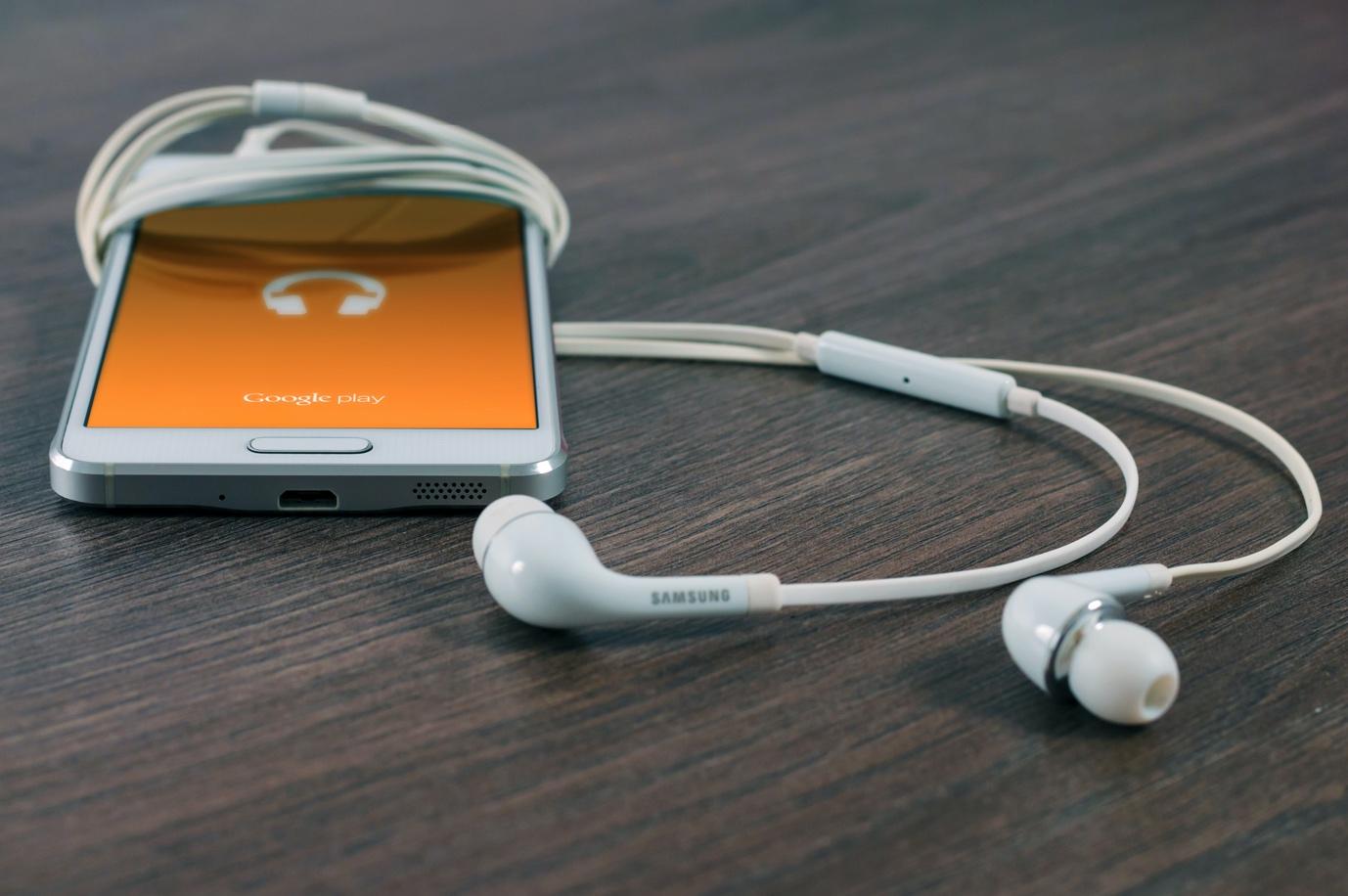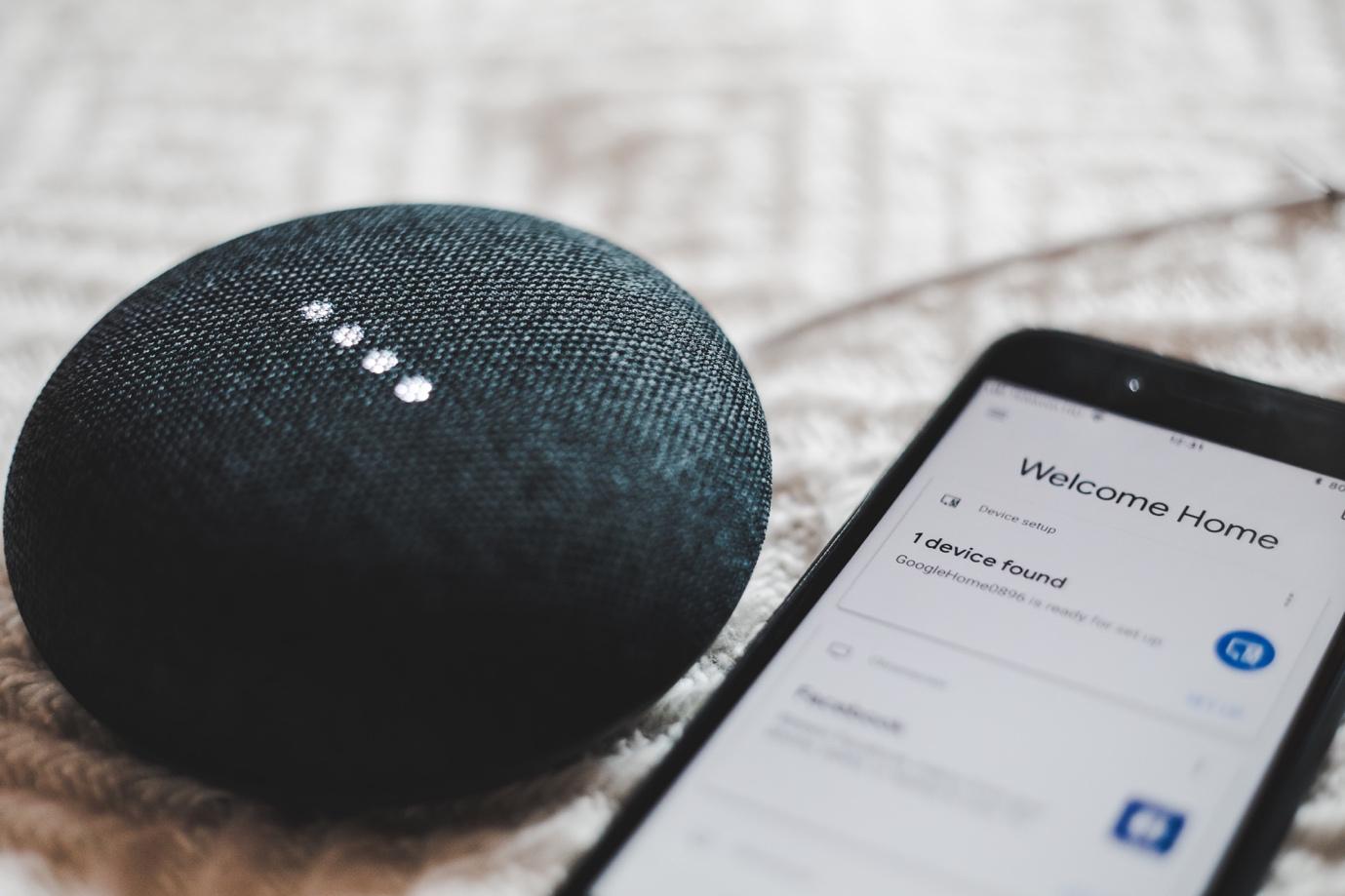In this article, we’ll explore some of the technologies available for those who have survived a brain injury in assisting them to live a more independent life.

In 2022, there is plenty of technology available to assist those living with a brain injury. Such technology aims to improve lives by assisting with speech, mobility, and other communicative methods.
There are many ways someone may suffer a brain injury, whether it be through GBH, an accident, or the result of negligence. By going through a brain injury claim solicitors, you can ensure you’re going to receive the correct compensation to assist you or a family member who may need it. This can help them to be able to invest in assistive technology to use at home.
So what technologies are available already? Keep reading to learn more…
What is a Brain Injury?
A traumatic brain injury is usually caused by a sudden violent blow to the head or body. There are also a range of brain injuries which may arise as a result of medical negligence, potentially due to misdiagnosis, delays in treatment, or mistakes being made during surgery.
Specialist brain injury solicitors can assist clients with various types of brain injury claims caused by:
- Haematoma
- Haemorrhage
- Aneurysm
- Cerebral oedema
- Anoxic brain injury
- Hypoxic brain injury.
How Can a Brain Injury Affect a Person?
Many people can survive a brain injury and still live a relatively unassisted life. However, depending on which part of the brain is affected, a brain injury can considerably affect a person’s behavioural, cognitive, physical and psychological function.

What Technology is Available to Assist Brain Injury Survivors?
As mentioned, a brain injury can affect a person in various ways, so having technology that addresses many needs can be tricky. However, in 2022 there is more help than ever. Some of the technology that’s helping includes:
Wheelchairs, Scooters and Walkers
Wheelchairs, scooters, and walkers are all useful for those who struggle with mobility living with a brain injury or disability. Not all walking aids are available through the NHS, and scooters can range from £500 to £5,000. However, there is financial help available to make attaining one easier.
Memory Aids
Issues with memory is a very common side effect of a brain injury, but an area in which technology can be of great assistance. Trying to improve memory function over time is notoriously difficult, but there are ways people can learn strategies and use tools to help support the process.
Many people tend to have smart phones now and are on them for much of the day. Whilst this can be perceived as a bad thing, there’s actually a lot of help and support to be gained from apps designed to improve memory.
Smart Technology
‘Smart technology’ around the home is proving to be helpful for those who have lost the ability to move with ease. Smart technology has developed quickly over the years and can assist with most areas of a house. It can make it easier for people with a brain injury to live independently.
From simple uses, such as turning lights on and off, to controlling the temperature of a home, assistive smart technology is making simple tasks more accessible. Not only this, but heating systems can be set to track an individual’s pattern, so can be set to automatically accommodate a person’s needs.
Smart technology has extended to lights, heating, home security, kitchen appliances, showers and even toilets, with features constantly being added to help people with varying types and degrees of disability. All features of a ‘smart home’ can be controlled by smartphones and androids through facial and voice recognition.
Smart technology is also thought to play a part in the future of monitoring the welfare of those living independently with a health condition. By monitoring behavioural patterns, the technology will be able to pick up on when certain behaviours aren’t followed as normal and notify carers, encouraging a check-up.

Challenges Involved with Assistive Technology
Of course, not everyone welcomes the challenges that relying on technology can bring, such as challenges for accessibility. Many people with brain injuries may struggle to begin with using such technology if they haven’t before in their lifetime.
Many people associate assistive technology with being complicated to understand, so being able to teach a person how to use tech plays a huge part in the success of using it. For people with sensory problems in their hands, tremors, or other movement disorders, it can be difficult or even impossible to use touch-based devices.
However, with options for controlling this technology, voice assistants are currently growing in popularity. What’s more, they can already integrate with many smart home devices, allowing the control of multiple aspects of the home.
Assistive Technology Helping Brain Injury Survivors
As you can tell from this article, there are various technologies available to assist those living with a brain injury. Perhaps most importantly, it’s providing a way for people to live independently without having to worry about how they’ll complete simple tasks.
Please be advised that this article is for general informational purposes only, and should not be used as a substitute for advice from a trained medical professional. Be sure to consult a medical professional or healthcare provider if you’re seeking medical advice, diagnoses, or treatment. We are not liable for risks or issues associated with using or acting upon the information on this site.













